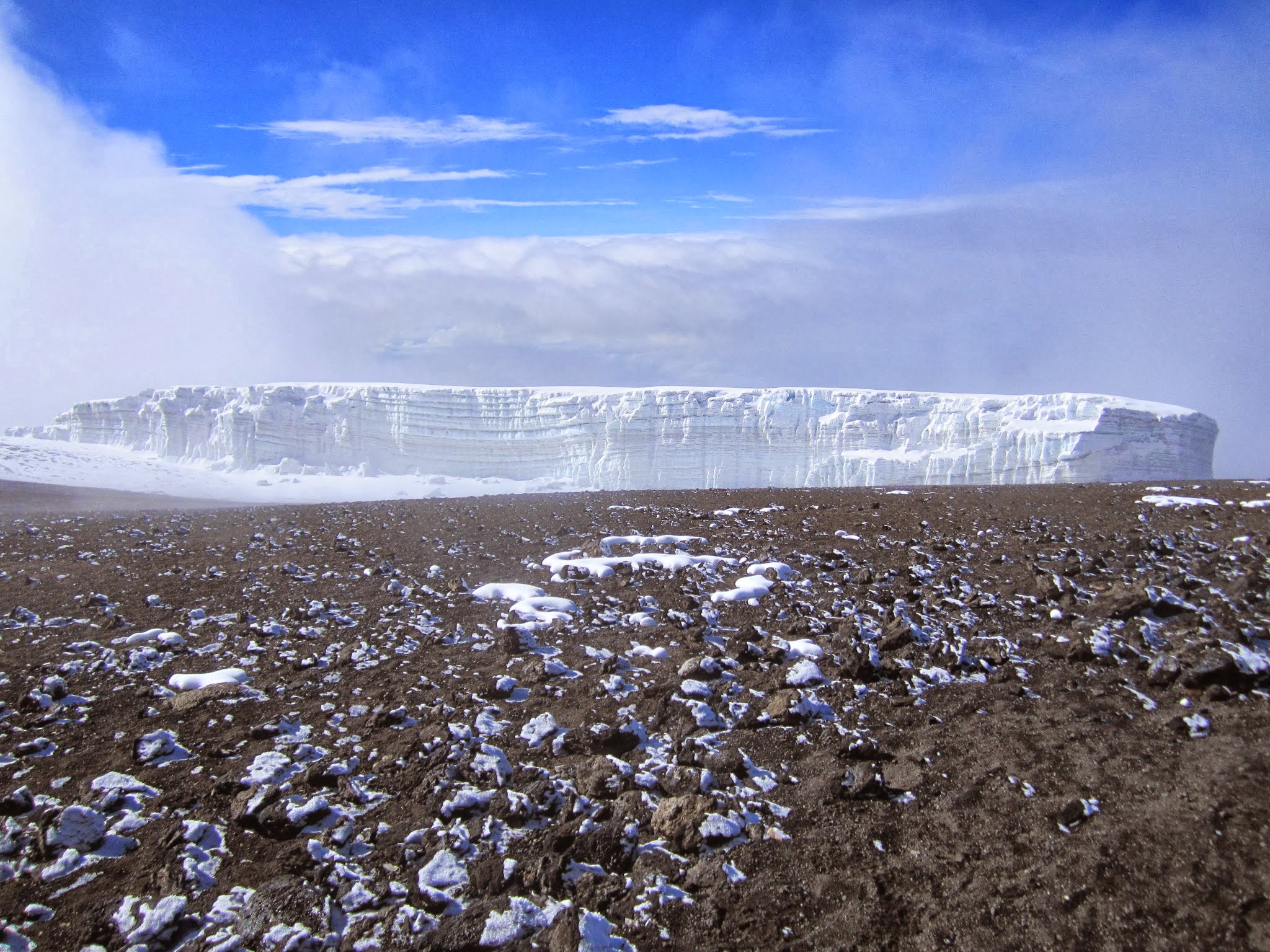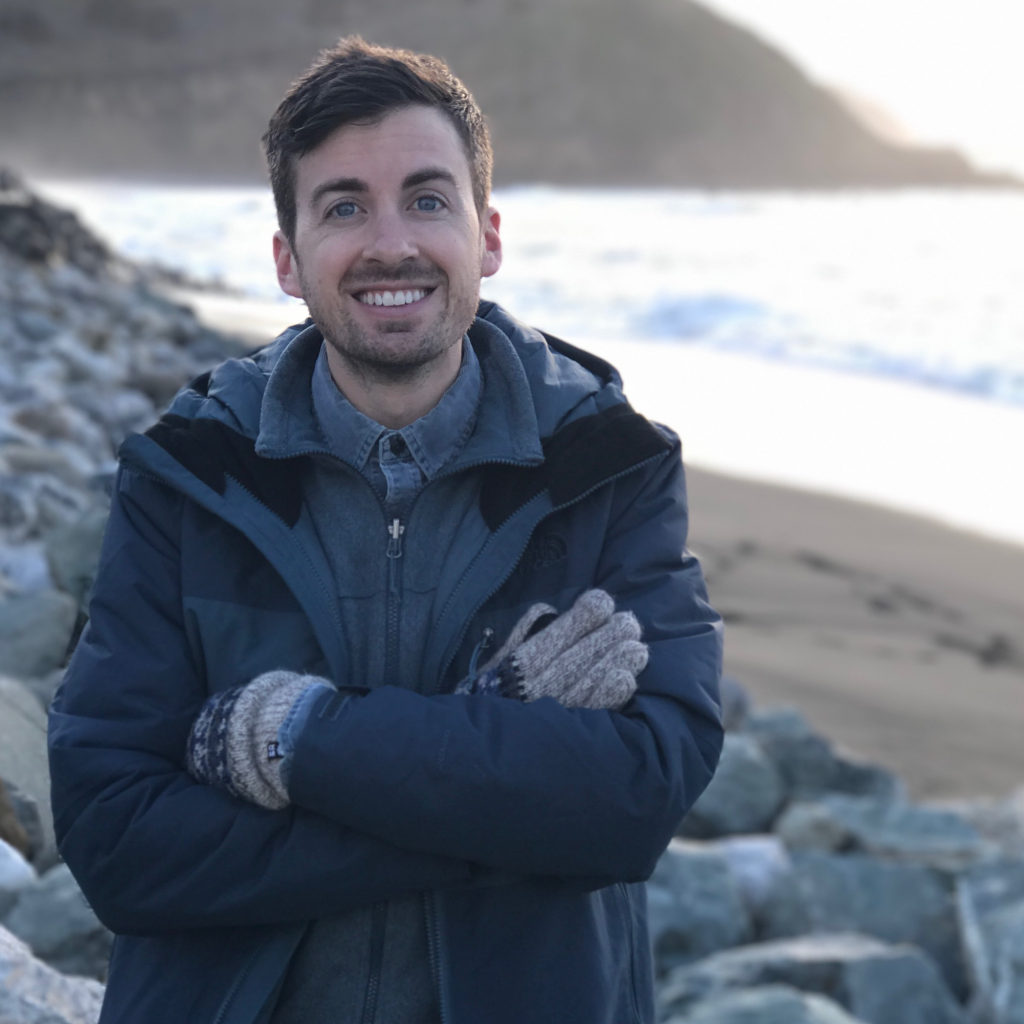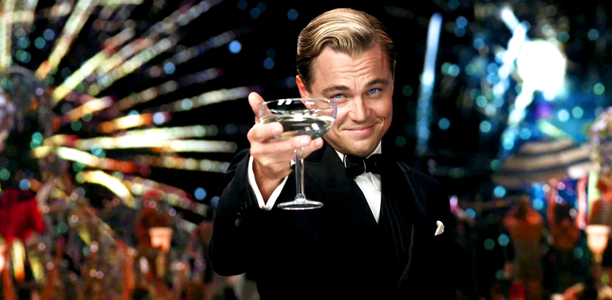What would the holidays be without mildly creepy stop-motion animation and awkward conversations with that one uncle who spends the time he’s not watching Fox News listening to Rush Limbaugh? Ah, family. To help set the table for a holiday dinner with your climate-denying loved ones, we gathered a gravy boatload of top talking points from some of the leading climate scientists we’re working with to educate the public about climate change. Here are four of our favorite morsels.
Even if the environment isn’t your nonprofit’s main dish, there are worthwhile lessons in each scientist’s messaging approach that you should use to make the case for the causes you care about.
Feast on these simple lessons.
Appetizer: “You’re right – there is some uncertainty in all science. But if I told you there’s an 80% chance of rain tomorrow, would you grab an umbrella on your way out the door?” — Dr. Marshall Shepherd, Professor of Meteorology at the University of Georgia and 2013 President of the American Meteorological Society.
Everybody wants to be heard. So acknowledge what your opponents are saying and then pivot to your point. Then respectfully reach out your hand, take a firm and polite grip, and yank them over to your side once you lower their guard.
– – – – – – – – – – – – – – – – – – – – – – – – – – – – – – – – – – – – – – – – – – – – – – – – – – – – – – – – – –
Main Course: “If you go to a doctor with symptoms of meningitis, you’ll be treated right away, even before the definitive test results come back. The risk of waiting is simply too high; you could die or become disabled in the meantime. Physicians know that saving lives sometimes requires prompt action, even in the face of uncertainty. Climate change is just such a public health challenge. If we delay action on climate change, we may be too late. That’s not an acceptable risk to take, for us or for our grandchildren.” — Dr. Howard Frumkin, MD, DrPH, Dean of the University of Washington School of Public Health and former director of the CDC’s National Center for Environmental Health under Presidents Bush and Obama.
If your issue is abstract, it’s your job to make the emotional connection. Find a way to turn the vague and far-away to something concrete, immediate, and visceral (like not wanting to die of meningitis). Then show how your issue carries the same urgency.
– – – – – – – – – – – – – – – – – – – – – – – – – – – – – – – – – – – – – – – – – – – – – – – – – – – – – – – – – –
Dessert: “A century ago, the existence of atoms and molecules was still questioned by many in the scientific community. However, anyone who today suggests atoms and molecules are not real and merely exist in the imagination of many scientists, would be properly characterized as profoundly wrong and uninformed.” — Dr. Mario Molina, Nobel Laureate chemist who discovered the thinning ozone layer in the 1970s and overcame the skeptics to bring the world’s leaders together to solve the problem.
The right-side-of-history message never gets old. In a roasted nutshell, it goes like this — “You don’t want to be a dummy. I don’t want you to be a dummy. So maybe try… not being a dummy?”
– – – – – – – – – – – – – – – – – – – – – – – – – – – – – – – – – – – – – – – – – – – – – – – – – – – – – – – – – –
Second Dessert (hey, it’s the holidays): “If the captain of the Titanic had seen the iceberg from 20 miles away, he could have gone around it without spilling a drink. With climate change, we see the iceberg and this is our chance to steer around it.” — Dr. Richard Alley, Professor of Geosciences at Penn State University and a lead author of the IPCC’s Nobel Prize winning 2007 climate change report.
Find a cultural connection to your issue. If you do, your audience will perk up when you mention something they know about and then they will have an easier time relating to what you’re saying. Bonus points if you evoke Leonardo DiCaprio.
Happy holidays, Lab readers!




